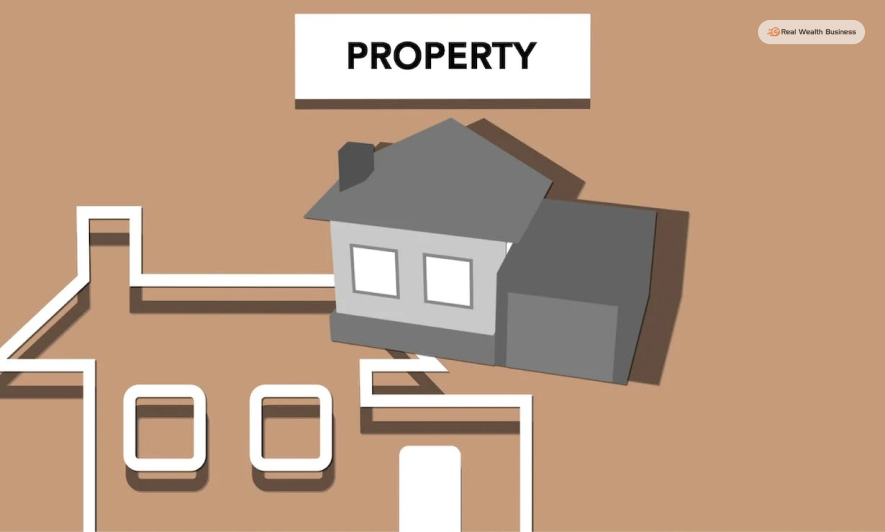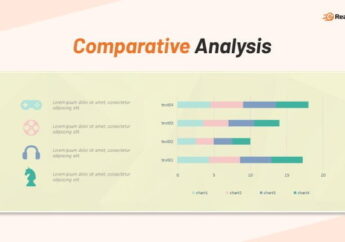How To Get Enough Money For Your Home As A Military Veteran
by Sudip Roy Business 01 July 2023

We all know that the journey of finding, financing, and finally owning a home can be a challenging task, even more so for military veterans. While your service to the nation is highly admirable and respected, transitioning back to civilian life and taking on significant financial decisions such as buying a home can be daunting. However, the good news is that there are resources specifically designed to aid veterans in their path to homeownership. The key lies in understanding and leveraging these aids effectively.
In this blog post, we will be exploring how military veterans can ensure they have enough money to buy their dream homes.
Leverage VA Loans
The first and perhaps the most significant resource for veterans is VA loans. Offered by private lenders and backed by the U.S. Department of Veterans Affairs (VA), these loans come with a host of benefits designed to make homeownership more accessible for veterans. They offer low-interest rates, zero down payment requirements, and even lenient credit score prerequisites.
A key thing to note is that even if you’re a veteran with a less-than-stellar credit history, you can still qualify for a VA loan. The so-called bad credit VA loan is a lifeline for many veterans who may otherwise struggle to secure traditional financing.
Tap Into Grants And Assistance Programs
There are numerous grants and assistance programs available for veterans, both at the federal and state levels.
These are designed to supplement VA loans and help veterans cover costs like down payments, closing costs, and even necessary home repairs. Programs such as the Veterans Housing Assistance Program (VHAP), the Specially Adapted Housing (SAH) Grant, and the Special Housing Adaptation (SHA) Grant are just a few that you can explore.
Boost Your Credit Score

Image source-Pexels
While VA loans do offer leniency when it comes to credit scores, improving your score can still open up more favorable loan terms. You can raise your score by ensuring timely payment of bills, reducing your debt-to-income ratio, and refraining from applying for new credit frequently. Even if you’re aiming for a bad credit VA loan, improving your credit score can only help your cause.
Save And Budget Wisely
Saving for a home doesn’t have to start after you’ve left the military. Start putting away a portion of your military paycheck into a savings account dedicated to your future home. Also, create a realistic budget that considers not just the cost of the house but also related expenses such as closing costs, moving expenses, and potential home repairs or renovations.
Consider A Fixer-Upper
If you have handy skills or are willing to put in some sweat equity, buying a fixer-upper could be a great way to make your money go further. Homes that need some TLC are usually priced lower than turnkey properties. Plus, the VA offers a unique renovation loan that allows you to finance both the purchase and the necessary repairs of the home.
Use A Real Estate Agent Familiar With VA Loans

Image source-Pexels
Working with a real estate agent who has experience with VA loans can be hugely beneficial. They can help you navigate the home-buying process, ensure that the properties you’re looking at meet VA requirements, and even negotiate a better deal on your behalf.
Use Your GI Bill Benefits Wisely
While the GI Bill is commonly known for providing educational benefits, it can also indirectly help you in securing your dream home. By using these benefits to pursue higher education or skill training, you can boost your income potential. Higher-income can make you a more appealing borrower to lenders, allowing you to secure better mortgage terms.
Explore Co-Borrowing Options
If you’re still finding it challenging to secure enough money for a home, consider co-borrowing. The VA loan program allows for a non-veteran co-borrower, such as a spouse or a financially stable close friend. This option could help you qualify for a larger loan.
However, keep in mind that having a co-borrower does not remove the primary responsibility of repayment from you. It’s a strategy that should be used wisely, considering the long-term financial obligations it entails.
Don’t Rush
Finally, remember that buying a home is a significant decision. Don’t rush the process. Take your time to find the right home, secure the best loan terms, and ensure you’re financially ready to take on the responsibility of homeownership.
Conclusion
There’s no denying that buying a home is a complex process, more so for military veterans who face unique challenges. However, armed with the right knowledge and resources, veterans can successfully navigate the path to homeownership.
Remember to leverage your VA loan benefits, even if you’re considering a bad credit VA loan, tap into assistance programs, improve your credit score, and budget wisely. With these strategies in hand, your dream home is within reach.
Explore More:







































































































